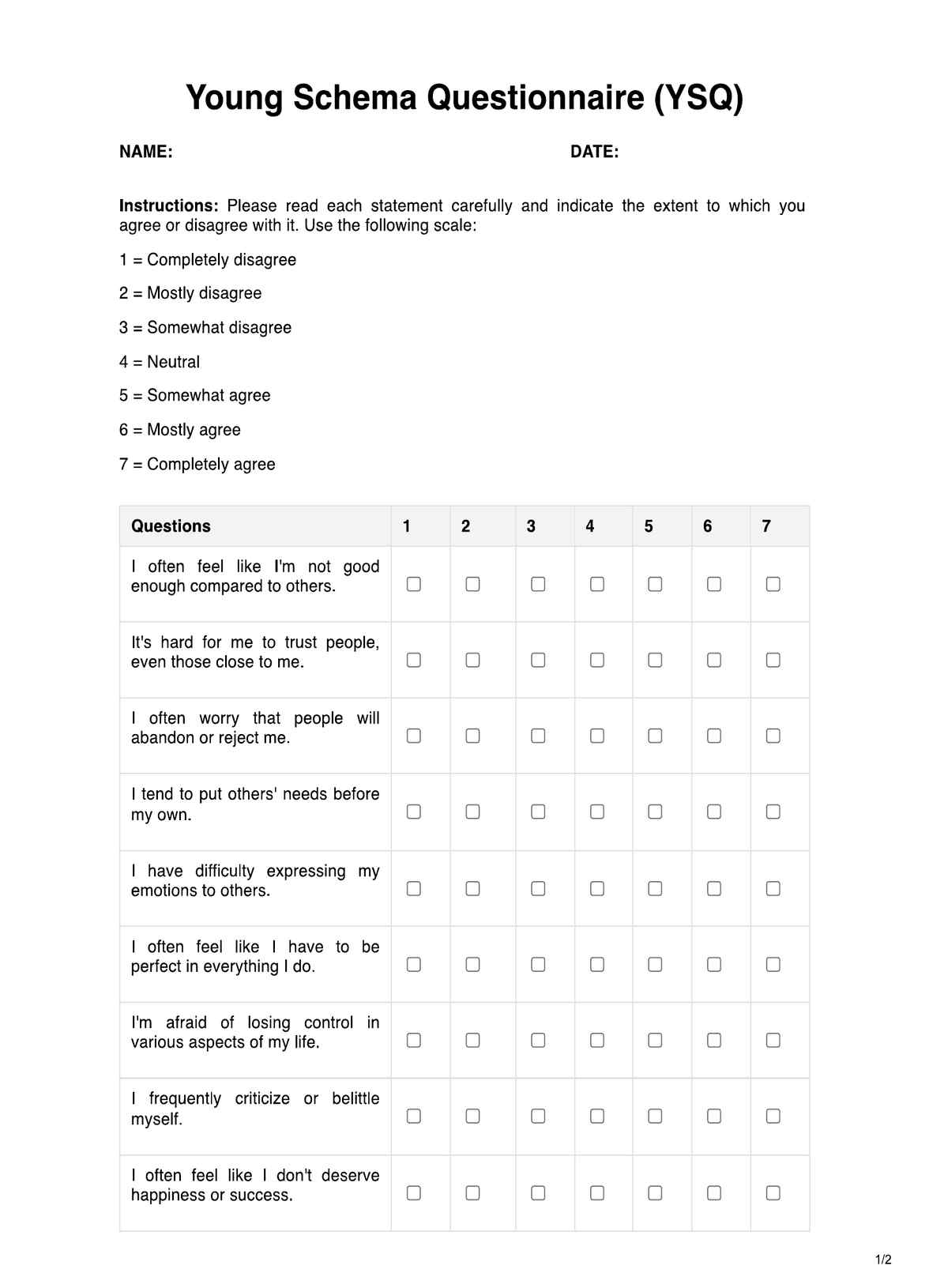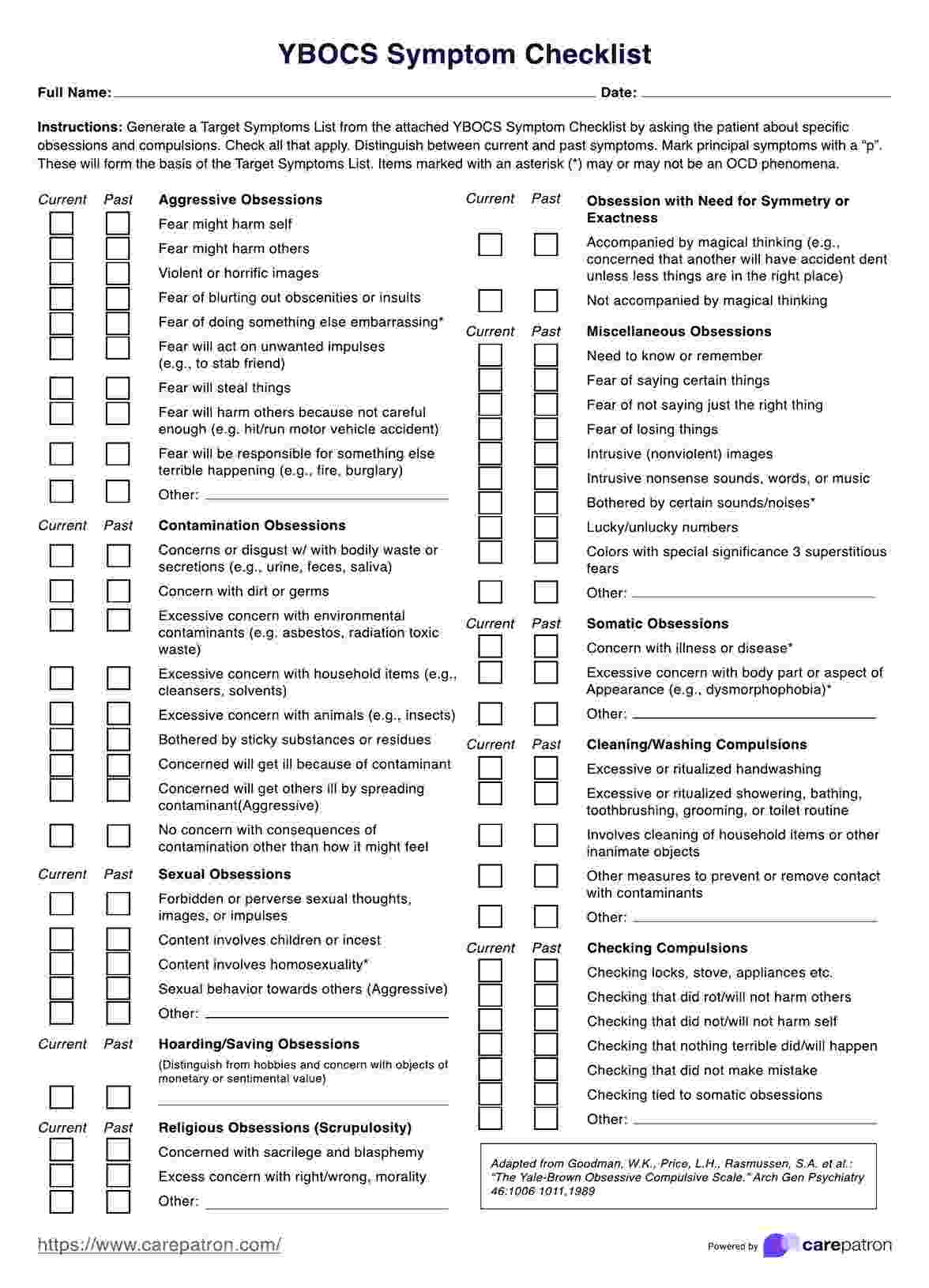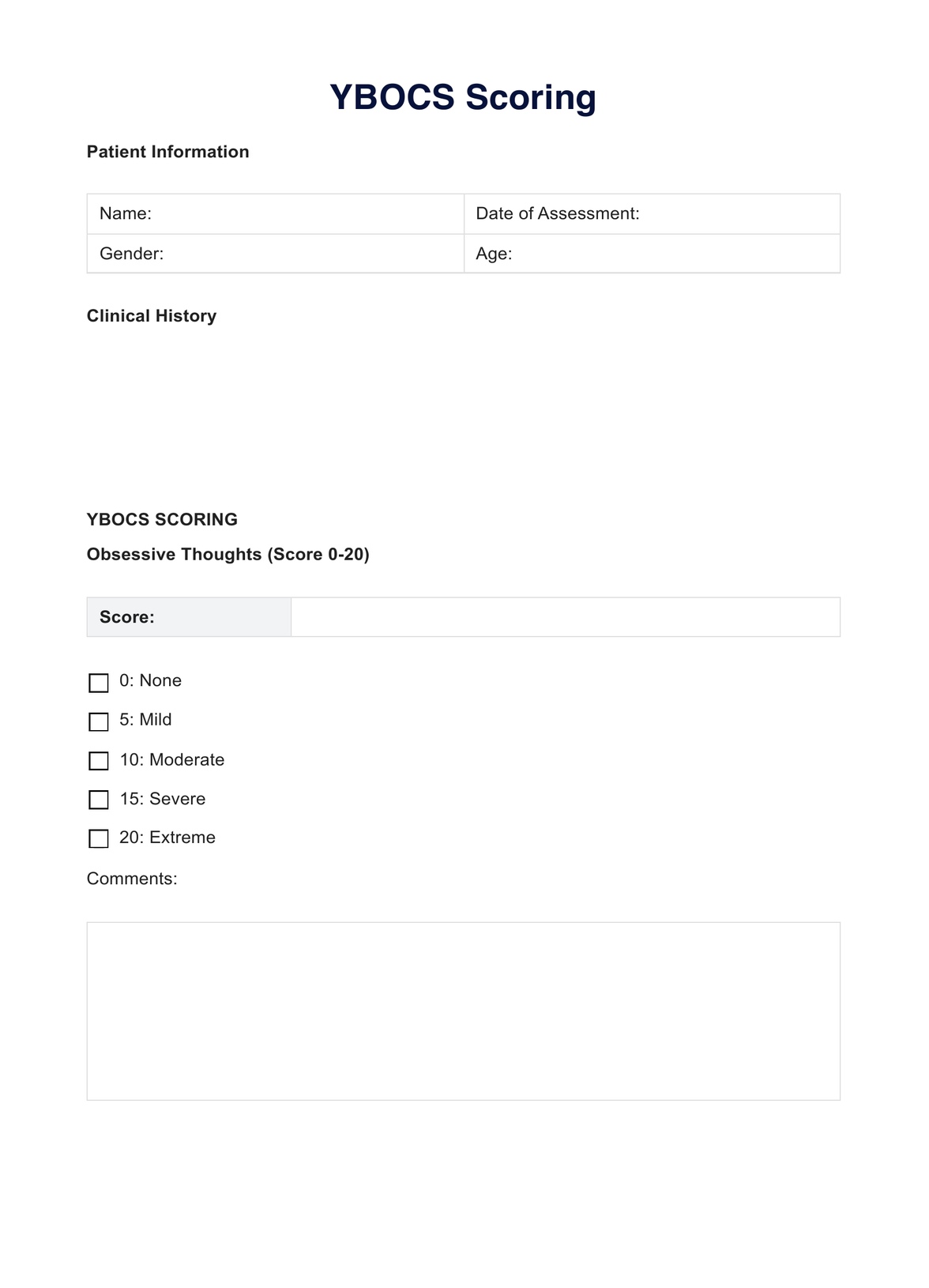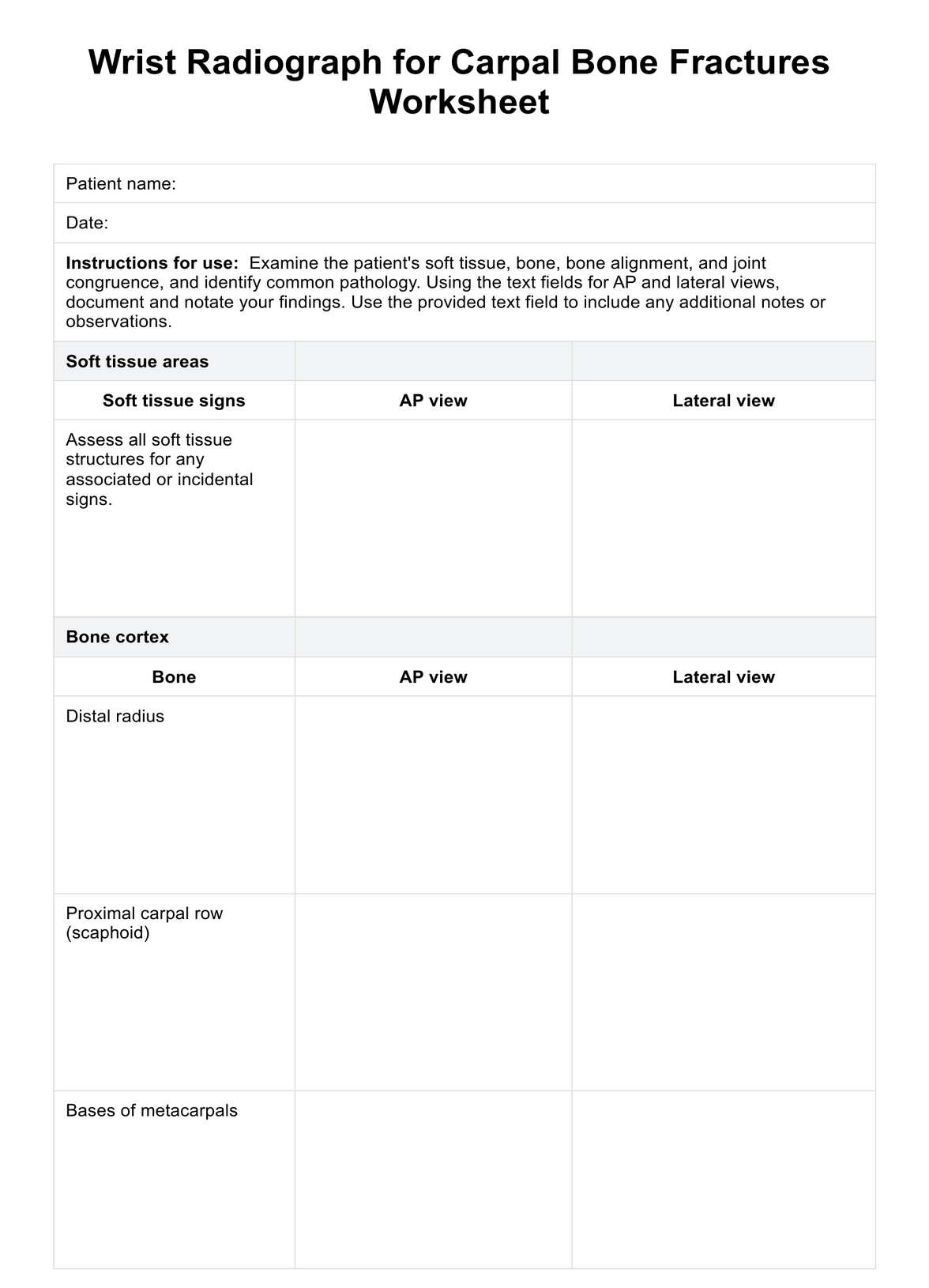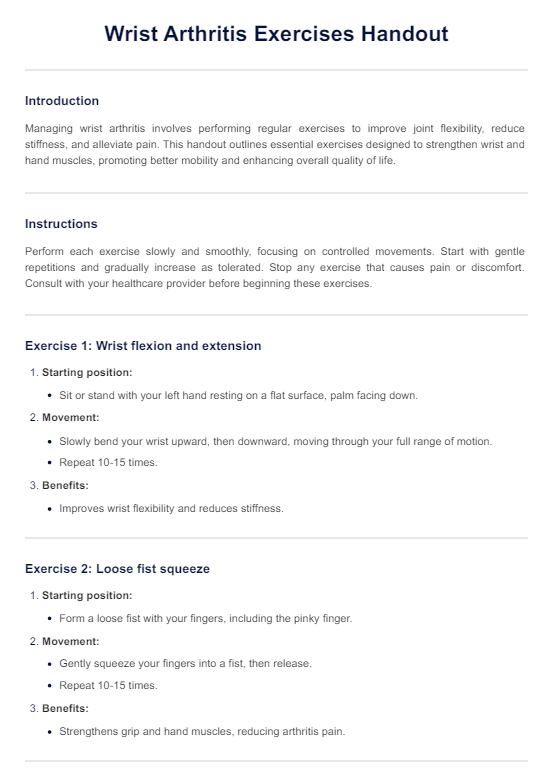Software for new health practitioners
You’re building something important. Carepatron is your behind-the-scenes partner facilitating team tasks, improving efficiency, and helping you create a smooth, professional experience for every client who walks through your door.

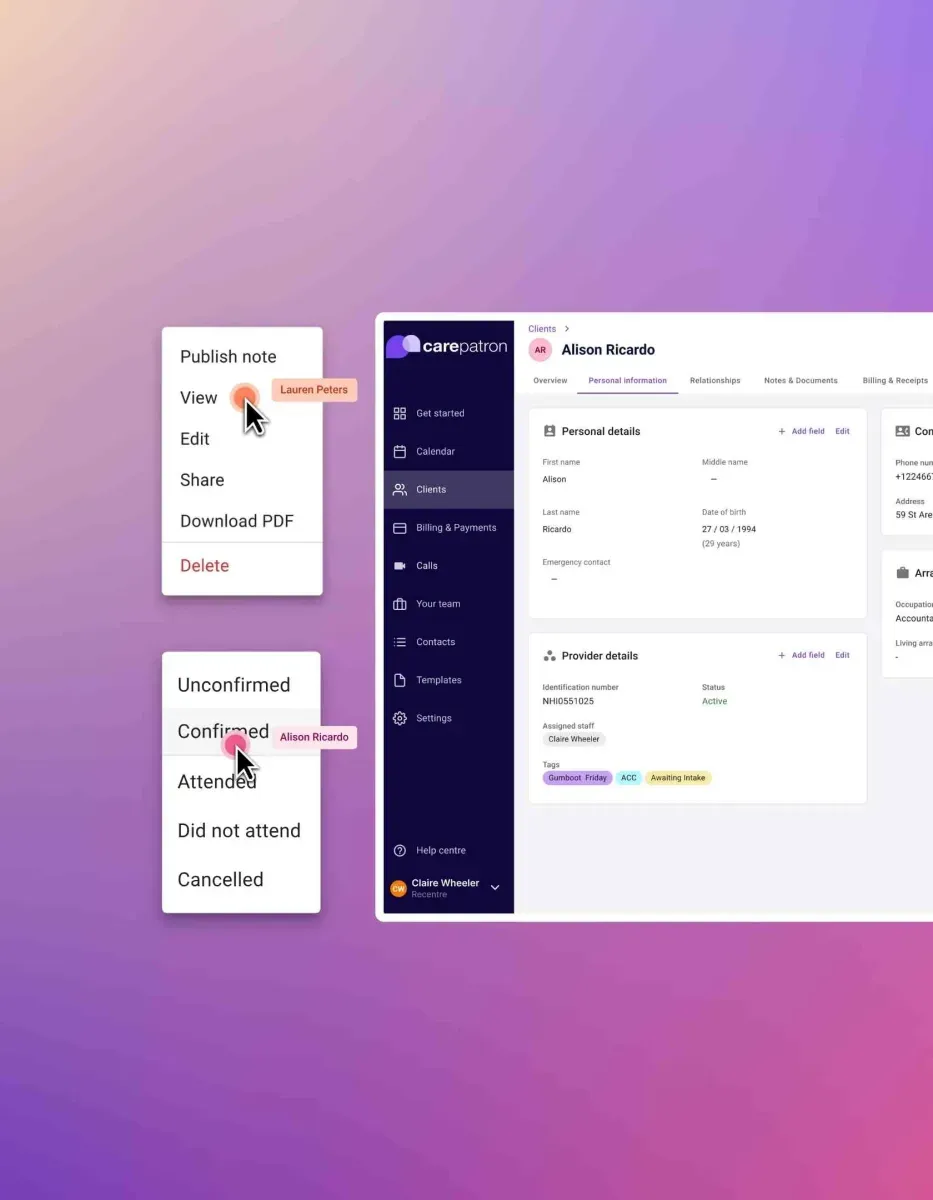
Carepatron’s software for new practitioners
You shouldn’t need five tools to run your practice. Our new practice software brings everything together from onboarding and scheduling to collaboration in one place. It is designed for new healthcare professionals who want to start strong.

Collaborative workspace
Create a centralized hub for your team to collaborate seamlessly on client cases, share insights, and track progress, fostering synergy and maximizing outcomes.
Counseling software resources
Access insightful worksheets, expert advice, and industry guidelines. We've curated everything you need to enhance your practice and better serve your clients.

The best general practice software for your new healthcare team
Carepatron gives your new team a head start with intuitive tools, adaptable workflows, and expert support to help you deliver excellent care together.

Robust features
Enjoy access to a comprehensive suite of tools and features tailored specifically for healthcare teams. From secure messaging to scheduling and task management capabilities, our platform provides everything your team needs to streamline operations and enhance productivity.

Customizable workflows
Easily customize workflows to match your team's unique needs and preferences. Our platform allows you to tailor processes to suit different departments and specialties, ensuring smooth operations and enhanced efficiency across the board.

Dedicated support
Benefit from dedicated support and training resources to empower your team and ensure a smooth transition to our platform. Our team is committed to providing personalized assistance and guidance, maximizing the value of your investment in our software solution.
Trusted by more than 100,000 practitioners

"It’s so easy to connect with my staff"
CLAIRE, PHYSICAL THERAPIST

"Carepatron saves me 2 hours everyday"
AEGEUS L, HEALTH COACH

"My team loves how simple it is to use"
ANDREA MAGNUS, PRACTICE MANAGER

Carepatron’s software features
We believe that great care starts with the right tools. Our smart, flexible features help you maintain a smooth-running workflow, stay organized, and give every patient the attention they deserve.

Appointment scheduling
Effortlessly manage appointments with Carepatron’s customizable scheduling tools, strategically designed to minimize no-shows and maximize patient flow, ensuring a seamless and efficient clinic experience for staff and patients.

Patient management
Centralize patient records in one secure platform, including medical history, treatment plans, and billing information. Easily access and update records, track patient progress, and communicate with patients directly through integrated messaging features.

Telemedicine integration
Streamline your practice’s financial operations with Carepatron’s billing and invoicing tools, designed to simplify revenue management. Automate invoicing, insurance claim submission, and payment tracking to ensure accuracy and timeliness, empowering your practice to thrive financially while prioritizing patient care.

The benefits of Carepatron’s software for new healthcare professionals
Carepatron’s general practice software gives you grown-up tools from day one, so your practice runs like you’ve been doing this for years.

Enhanced efficiency
Carepatron streamlines workflow processes, syncs calendars, and automates tasks, increasing productivity and reducing administrative burdens for healthcare teams.

Comprehensive patient insights
Gain access to comprehensive patient data and analytics through Carepatron’s advanced platform, empowering informed decision-making and facilitating the development of personalized treatment plans tailored to each patient’s unique needs.

Seamless collaboration
Facilitate seamless collaboration among team members with real-time communication tools, enabling efficient coordination and decision-making, ultimately enhancing teamwork and patient outcomes.

Scalable growth
Experience effortless scalability with Carepatron’s flexible platform, designed to adapt to your practice’s evolving needs and growth trajectory. Carepatron provides the infrastructure and support necessary for efficient growth and improved practice profitability.

The software for new healthcare teams
Carepatron is for healthcare teams on the move. With our specialized software and Carepatron app, collaboration and patient care become seamless, no matter what field you serve.

Primary care teams
Efficiently manage patient appointments, track medical histories, and coordinate care plans among primary care physicians, nurses, and support staff. This comprehensive approach ensures patient-centered care and promotes better health outcomes.

Specialty care teams
Streamline communication and collaboration among specialists, surgeons, and allied health professionals to ensure timely consultations, accurate diagnoses, and coordinated treatment plans for complex medical conditions.

Mental health teams
Facilitate secure teletherapy sessions, share treatment notes, and collaborate on care plans among therapists, psychiatrists, and social workers to provide holistic mental health support and intervention for patients.

Long-term care teams
Coordinate care transitions, manage medication schedules, and track resident assessments among long-term care facilities nurses, caregivers, and therapists to optimize quality of life and wellness outcomes for elderly and chronically ill patients.

Brief breakdown: How to use our practice management software
Set up in minutes. Our guide breaks down four easy steps to integrate Carepatron and enhance your practice’s workflow right away.

Patient management
Centralize patient records in one secure platform, including medical history, treatment plans, and billing information. Easily access and update records, track patient progress, and communicate with patients directly through integrated messaging features.
Frequently Asked Questions
EHR and practice management software
Get started for free
*No credit card required
Free
$0/usd
Unlimited clients
Telehealth
1GB of storage
Client portal text
Automated billing and online payments






